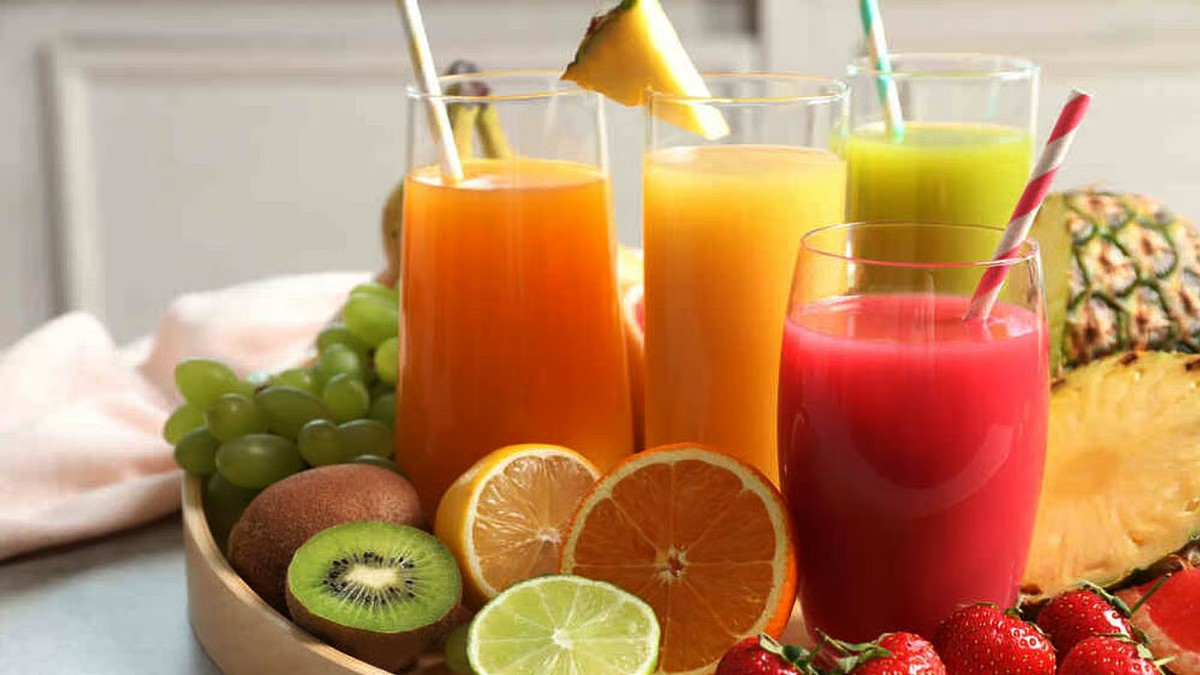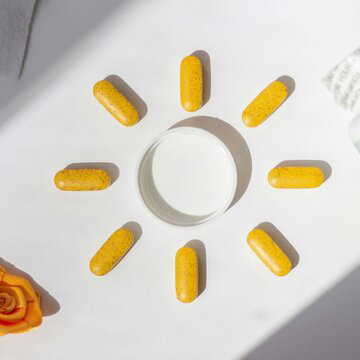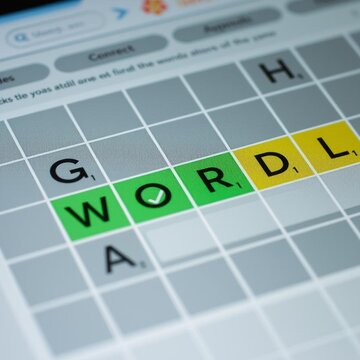You eat a whole fruit after meals or with your evening snack every day. It’s a very healthy habit. Many people even have fruit salad when they feel hungry during work, it keeps the stomach full for long and reduces the urge to eat unhealthy snacks. But have you noticed something? Eating whole fruit keeps you full much longer than drinking fruit juice. Why is that?
Fruit juice is made from fruit yet the effect on the body is completely different. Nutritionists explain that the nutritional value also changes.
Also Read | Is drinking water before bed good or bad? Here’s what experts say
Whole fruits contain a good amount of fibre, while juice has almost none. Fibre slows down how quickly glucose enters the bloodstream, which is why whole fruits keep you full for longer.
Is fruit juice just as healthy as whole fruit?
Experts say bottled fruit juice is easily available and requires very little effort to consume. But its nutritional value is not the same as fresh fruit. How juice behaves in the body also depends on a person’s digestive system.
Benefits of eating whole fruit
Fibre slows digestion
Whole fruits contain fibre, which the body breaks down slowly. Glucose also enters the bloodstream at a slower pace. But fruit juice contains almost no fibre — what remains is essentially a sugary liquid.
Sugar in whole fruit vs bottled juice
Whole fruits contain natural sugar, which the body processes gradually. Bottled fruit juices often contain added sugar, which enters the bloodstream rapidly, spiking blood sugar levels and affecting metabolism.
Also Read | Why winter is the unofficial breakup season for couples
Higher calories in juice
A single glass of fruit juice usually contains more calories than a whole fruit. So, if you’re trying to lose weight, fruit juice can work against your efforts.
Juice doesn’t keep you full
Because juice contains no fibre, it cannot prevent frequent hunger. Like water, juice passes quickly through the stomach and is flushed out of the body through urine.










